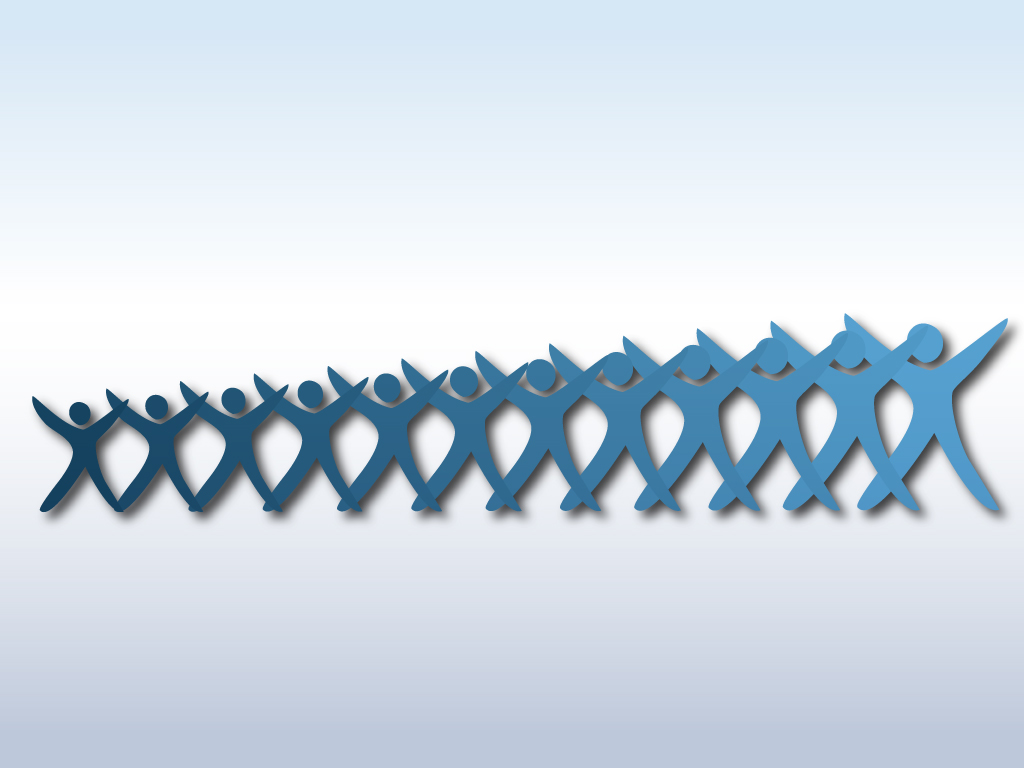
WEDNESDAY, Oct. 1, 2014 (HealthDay News) — In perhaps one of the happiest studies ever conducted, scientists confirm what many partygoers know: Just add booze and groups of men start smiling.
The study, reported this week in the journal Clinical Psychological Science, included more than 700 social drinkers in their 20s. It found that drinking significantly boosted “contagious smiling” in groups consisting solely of men, but did not have the same effect when women were on the scene.
“We wanted to explore the possibility that social alcohol consumption was more rewarding to men than to women — the idea that alcohol might actually ‘lubricate’ social interaction to a greater extent among men,” study author Catharine Fairbairn, a psychological scientist at the University of Pittsburgh, said in a journal news release.
Prior research has shown that men are about 50 percent more likely than women to drink excessively, and a great deal of problem drinking occurs when they’re socializing, Fairbairn’s team explained.
In fact, “many men report that the majority of their social support and social bonding time occurs within the context of alcohol consumption,” Fairbairn said.
Her team looked at the behavior of 720 social drinkers, aged 21 to 28, who were divided into groups of three sitting around tables. Each group was served either an alcoholic drink (vodka and cranberry juice) or a non-alcoholic drink they had been told was alcoholic — the researchers smeared the outside of the glass with vodka to give the illusion that it was a “real” vodka/cranberry cocktail.
Drinking the real booze was tied to a significant rise in the amount of smiling among any all-male groups, the researchers report, but it did not have the same effect when groups included any women.
According to Fairbairn’s team, the results suggest that alcohol appears to make smiles more “contagious” between men when they’re socializing, making them more socially “brave.” The study also found that the heavier a drinker a man was, the more susceptible he was to “contagious smiling” in all-male groups.
Fairbairn believes the research could give insight into problem drinking, not just everyday social tippling.
“Historically, neither the scientific community nor the general public has been terribly concerned about drinking that occurs in social settings,” she said. “According to popular opinion, a ‘social drinker’ is necessarily a non-problem drinker, despite the fact that the majority of alcohol consumption for both light drinkers and problem drinkers occurs in a social context.”
More information
The U.S. National Institute on Alcohol Abuse and Alcoholism has more about alcohol consumption.
Copyright © 2026 HealthDay. All rights reserved.

